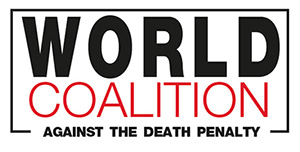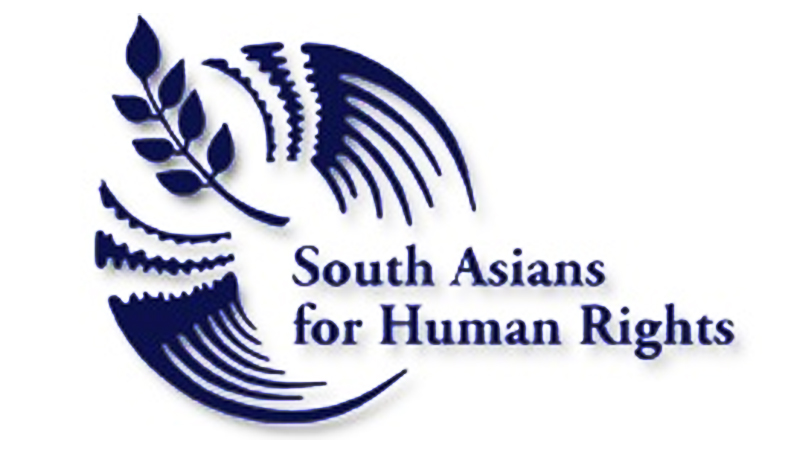A lecture on Votes and Human Rights
A lecture on Votes and Human Rights was held at the Human Rights Commission of Pakistan office. It was said that democracy is the best form of government despite shortcomings in its process of voting and nature of representation in parliament. Those who attended and spoke on the topic included; professor Imdad Chandio of Khairpur university & former president of Democratic Students Federation Pakistan, professor Badar Soomro of Sindh university, NGO leaders Zulfiqar Halepoto, Punhal Saryo, Shafique Kandhro, Abbas Khoso, Fateh Shah Firaq, Haseen Musrat Shah leader of Women Action Forum, M.Parkash advocate chairman minority commission of Pakistan,Raana Siddiqui, Dr Fatah Daudpoto and others. Dr. Ashothama coordinator Sindh task force of HRCP briefed about the nature and need of the event.
The speakers elaborated on the system of democracy and its evaluation. Further they disscussed the various electoral systems in the world and concluded the viewpoint that the election system in Pakistan has some serious discrepancies. In this situation only the affluent can contest the elections of assemblies in Pakistan. During the election campaign a candidate has to spend tremendous amounts of money in order to hold public meetings, which includes expenses of vehicles etc. They observed that the poor or even those belonging to the middle income group cannot contest elections. They noted that Pakistan has introduced constituency based democracy and about 80 polling stations consist per constituency. About four polling booths are made available in each polling station i.e. two for men and two for women.
It was also elaborated that the other options to contest elections was with the support of dictatorships which had already damaged the election system of the country. Some were of the opinion that there should be reserved seats for women of minorities in assemblies. They said that instead of criticising or accusing workers of various parties to be engaged in rigging, it would be preferable if HRCP or other social organizations organize seminars/programs for the training of political workers. They said that despite the passage of the 18th Amendment to the Constitution, the electoral system has not been improved and needs reforms. They said that presently, only the elite, professional politicians, and feudals could contest and win elections and each party was trying to woo more and more feudals in order to take advantage of their influence. The speakers recommended the Election Commission to ensure that women are allowed to cast votes in the country side. They also demanded that parliamentarians should practise their politics based on issues of concern rather than merely personalities and ethnic or racial affinities.
Category: Sindh







